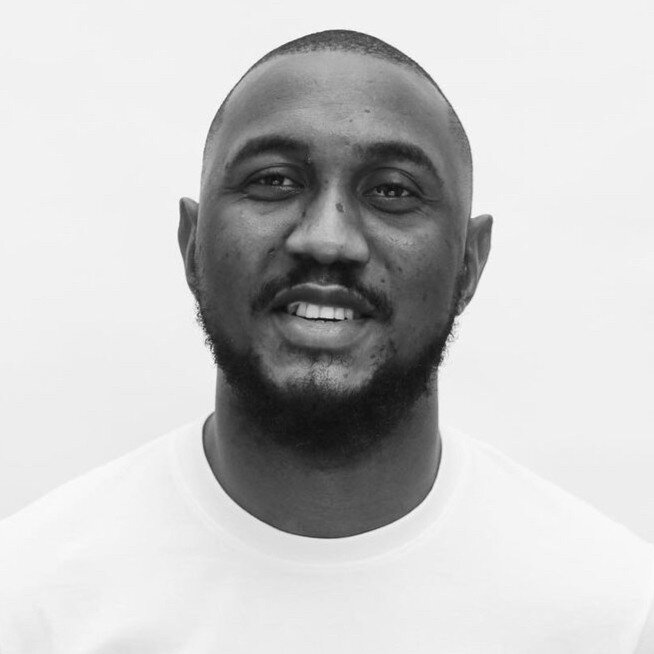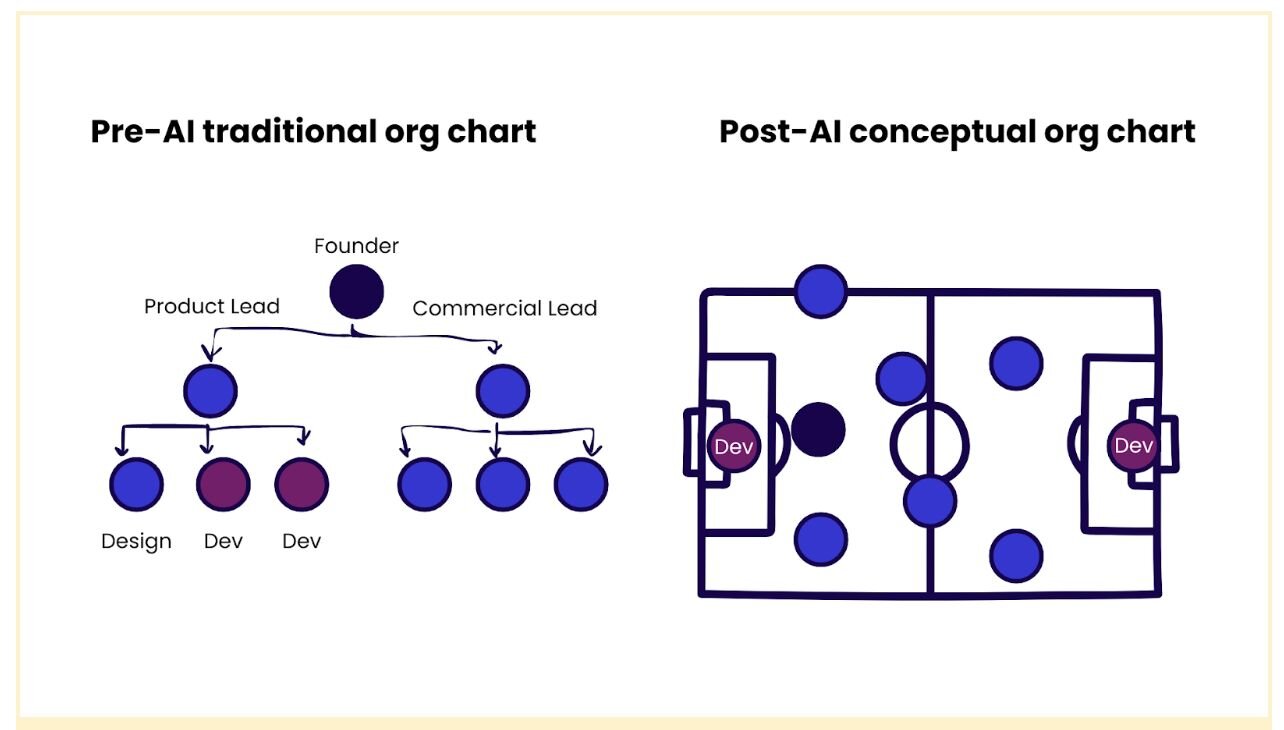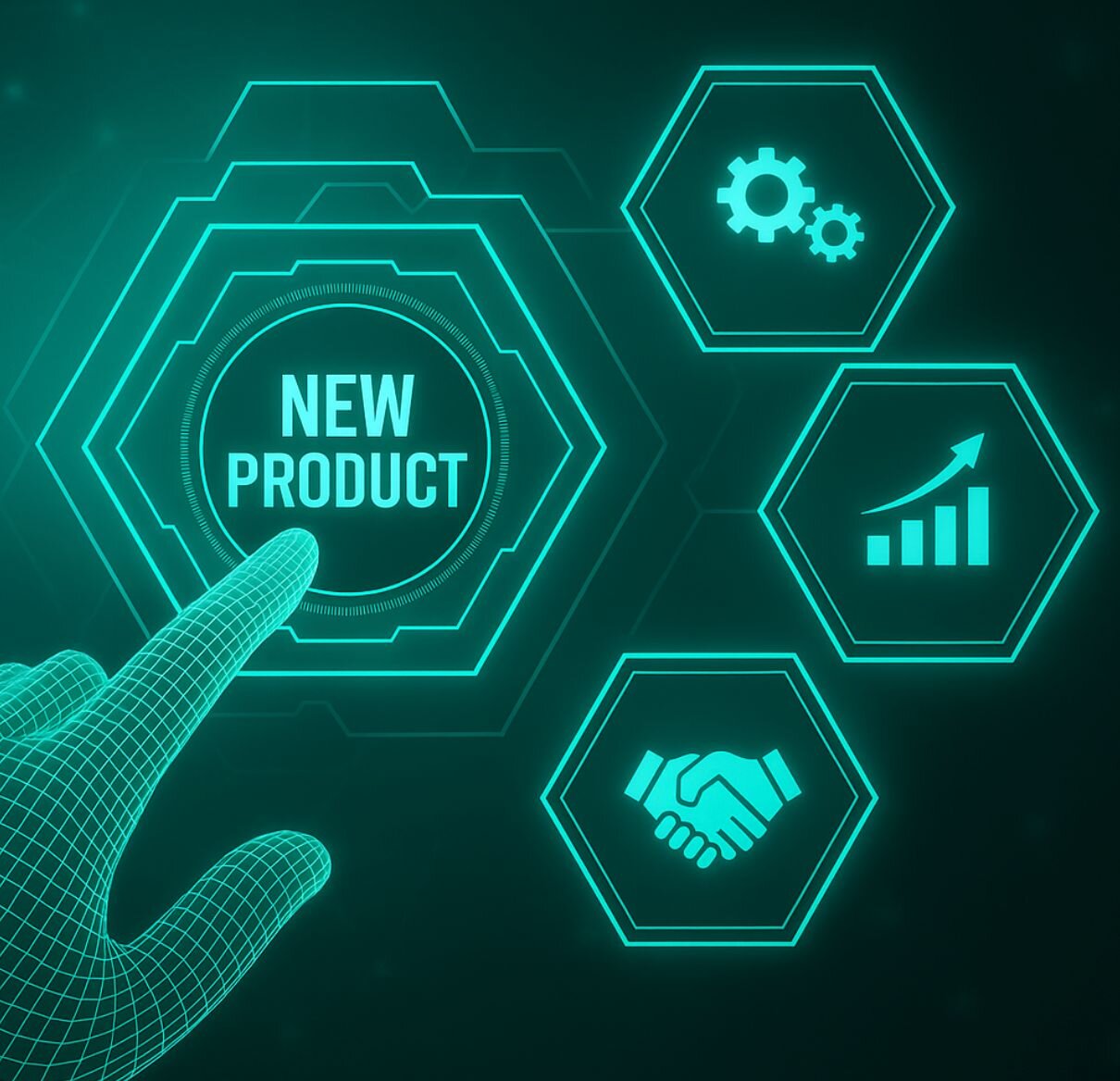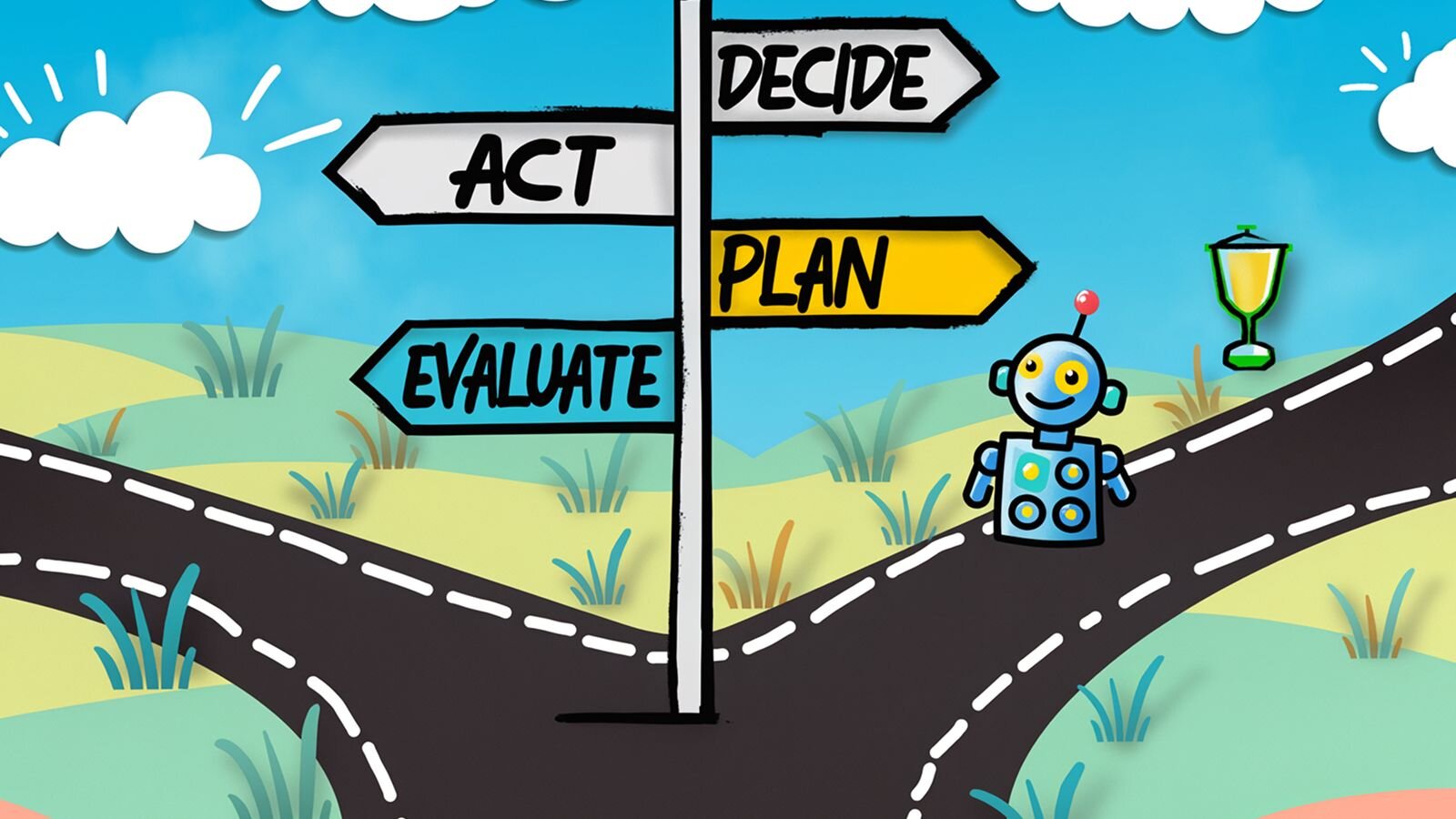I had spent a full year at the enterprise, and my role in this high-velocity, feature-churning product team had been uniquely exciting. My title of ‘Manager, Digital Product Operations’ was an experiment that had paid off by my VP, as my junior associate and I had spent the last couple of months enabling 14 scrum teams that supported 26 countries around the globe. In this time, I tackled a variety of problems like developing roadmaps that connected our OKRs to our deliverables, drafting one-pagers of exciting deliverables and experiments, and even tutoring the teams on how to draft the best feature press releases. I was the glue that connected the “why” with the “how”.
In this article, I will document some of my biggest challenges and learnings, personality types for success in this field, and where I think the career path of digital prod ops could lead.
Biggest challenges and learning points
Three things stood out to me as the biggest challenges of product operations.
The job’s never finished
The first – there is no definition of ‘done’. A former colleague in the role often joked about how she felt like there was no permanence to the work of a product ops manager. At first, I did not understand what she meant – but I gradually understood this over time.
In product ops, you often feel like the moment you are not in the building, things could go horrendously wrong. The week you are out of office, stakeholders would surprisingly forget to raise engagement tickets in Jira for new work and would revert to Slack messages that have no audit trail. It would also be the period where your product managers would suddenly forget that they are meant to document a PR FAQ that underscores the importance of what they are trying to build. This problem would ultimately form the foundation of why I think prod ops is extremely essential to the scaling organization.
Prod ops is often the key reason why successful, large product teams remain consistent in their approach to problem-solving and delivering value for the customer. This means that your governance skills, and ability to crack out the whip are going to come in very handy in this high-pressure role. So the moments I got comfortable with reading out a list of product managers who had failed to prioritize their backlog would often be the very same moments our VP of product would crack out the whip and get everyone singing from the same hymnbook again!
Sharing perspectives
My second biggest challenge was getting ‘powerful stakeholders’ to share my perspective. Whenever I mention powerful stakeholders in this context, the average person gets it wrong. For example, if you read that and thought about the CEO, VP of Product or someone of similar ilk – you have just gotten it wrong as well! Whilst these heads of business are important, and are a force to be discussed much later, the most powerful stakeholders I have experienced are the product managers themselves! Afterall, they play the biggest role in understanding the customer’s pain point and determining how a feature would ultimately be executed upon.
Imagine telling a tenured product manager that his roadmap is highly deficient of the key attributes that would move the business forward. Also imagine convincing the new product manager hire who just finished up her MBA from London Business School and a couple years in management consulting that her documentation is shabby and needs serious improvement! I had to take a step back to re-evaluate my approach to these conversations, as well as the impression that I often left on the product managers in my team. I had to develop a more personable approach to engaging with the product managers in my team to show them I understood their pressures and perspectives, and by the end of the discourse, we would find ourselves joking about how horrendous some of our previous outputs were.
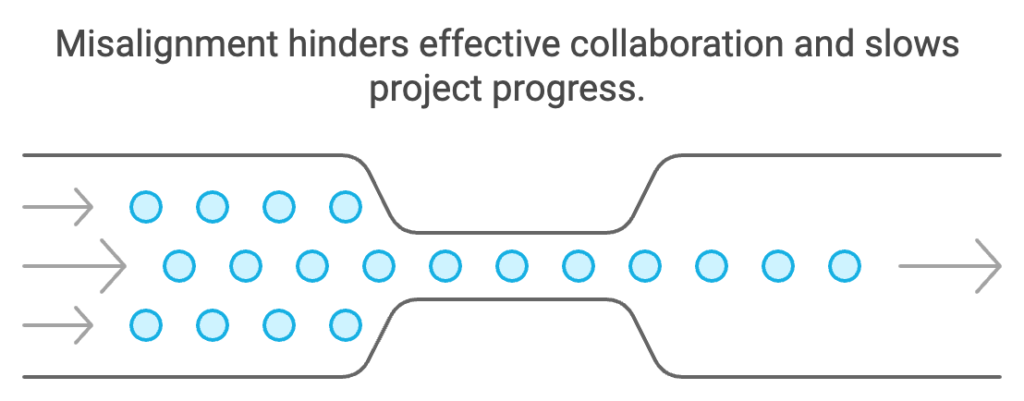
Back to school
The third challenge was underestimating my own knowledge gap. As a product ops manager, I found myself having to redraft my team's standard operating procedures. I often got tempted to perform a very high-level analysis of what I understood the process to be without engaging stakeholders to gain their perspective on the process and (b) fail to look externally at how other companies and product people have navigated similar tasks.
As someone in product ops (and I think any discipline at all), you must be ready to become a student again. My earphones during my commutes in the London tube suddenly became a classroom where I would quietly sit and learn about how other product professionals solved similar problems. Podcasts, books and discussions with seasoned professionals are some of the biggest weapons in your arsenal. If you are new to product (and prod ops), this is also the most effective way to gain experience without having several years of skin in the game.
These challenges were eye-openers, but once I learned how to navigate them, I watched the scale of my influence grow larger within the enterprise.
My thoughts on the future of product operations and its strategic role in the enterprise
To put it very simply, I do not think a large and scaling product team can survive without some individuals playing the role of product ops. Some organizations have simply not realized that this is the term that should be used in referring to that product director that keeps harping on about how people should be consistent in the formats used in preparing roadmaps. Some other large enterprises have realized this, and is probably why you see a lot more roles on LinkedIn going by this title. I think we are very likely to see this role becoming more popular in future.
I have also read several opinions about why it is best to have a very seasoned professional playing this strategic role in the team. I hear the argument, but I believe that any individual who is studious, grasps concepts quickly, and is not afraid to tell people when they are wrong (even when they may be senior to you) can play the role of product ops in a team.
Finally, what is the career trajectory of someone in product ops? I think they are very well-placed to be Directors and VPs of Product in very large organizations. It doesn’t take very deep analysis to see the leader hidden in this individual who has grown a strong voice in the enterprise, has a firm understanding of internal and external best practices, and has grown to be personable and liked by the team.
How have your experiences been in product ops? I would love to hear your thoughts on LinkedIn.
